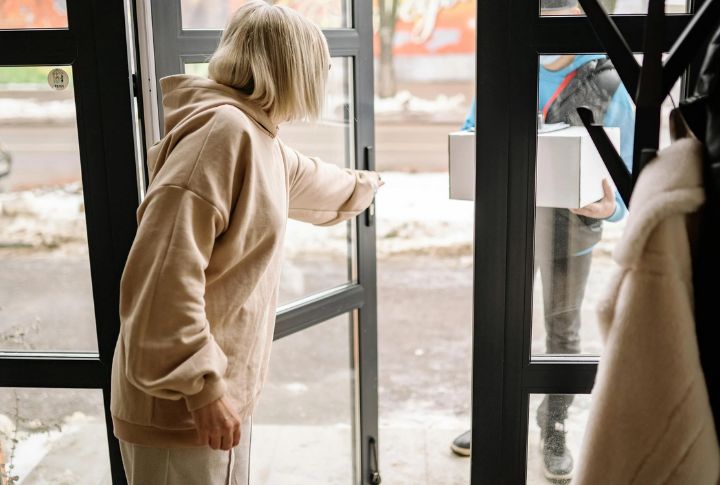
Living alone is all fun and fuzzy socks—until you realize no one’s around to scream with you when the smoke alarm goes off at 2 a.m. Independence rocks, but it also means you have to do it all on your own. So, before your solo setup turns into a sitcom gone wrong, check out these ten common safety slips you’ll want to dodge ASAP.
Oversharing Your Location On Social Media

When you live alone, your presence online can become a breadcrumb trail that anyone can follow. Most people don’t consider who’s quietly watching their updates. Keep your personal schedule offline and share memories after the moment passes.
Leaving Spare Keys In Obvious Hiding Spots

Leaving a key under a rock or plant is the first place anyone with bad intentions will check. Burglars know the classics, as they’ve seen every hiding spot on TV and in real life. If you absolutely need a backup plan, keep a spare with a trusted neighbor or use a secure lockbox that requires a code.
Not Setting Up Emergency Contacts Or Plans

Living independently doesn’t mean doing it alone when it matters most. Having a reliable contact list saved in your phone or known by a close friend could mean the difference between fast help and a frightening delay. Self-sufficiency is important, but so is having a lifeline.
Failing To Secure Wi-Fi And Smart Home Devices

In today’s connected homes, safety is also about passwords and firewalls. Once inside your digital space, people can spy on cameras or monitor your routines. So, start by changing default passwords, updating your router software, and using two-factor authentication. Your tech should work for you, not against you.
Not Locking The Doors And Windows

There’s comfort in familiar routines—coming home, tossing keys on the table, opening windows for a breeze. But it’s easy to forget that even one unlocked latch can undo that sense of safety. So, get in the habit of double-checking every door and window before bed or whenever you step out.
Walking Alone Without Sharing Your Route

When no one knows where you are, a simple trip can turn risky in ways you might not expect. Before you leave, send a quick message to someone you trust. Drop a pin, mention where you’re going, and when you’ll check back in. Someone should always have a breadcrumb trail if you need help fast.
Dismissing Strange Noises Or Unusual Activity

Everyone hears creaks in the night or strange thumps from the hallway. Most times, it’s harmless—a shift in temperature, a settling wall. But sometimes, it isn’t. Trust your instincts. If something feels out of place, pause and investigate. Turn on the lights, and call someone. It’s better to be safe and alert than unaware and surprised.
Letting Strangers Inside Without Verification

Before opening your door, ask for credentials. Look through a peephole or speak through the door. Scams often target solo households because the odds of resistance or witnesses are low. You’re not being rude by asking questions—you’re being smart. Plus, your door is your first line of defense, so guard it carefully.
Ignoring Smoke And Carbon Monoxide Detector Checks

Detectors are your early warning system when you’re deep in sleep or out in another room. That’s why testing your detectors regularly and replacing their batteries ensures they’re alert when you aren’t. It’s a five-minute habit that could buy you precious minutes in an emergency.
Leaving Lights Off When You’re Not Home

Dark windows shout, “No one’s here!” An unlit home is an open invitation for someone looking for easy access. When you live alone, your home should always give the illusion of movement. Use light timers to turn lamps on at dusk or set a porch light to flicker automatically. These small touches make your place less attractive to anyone watching.

